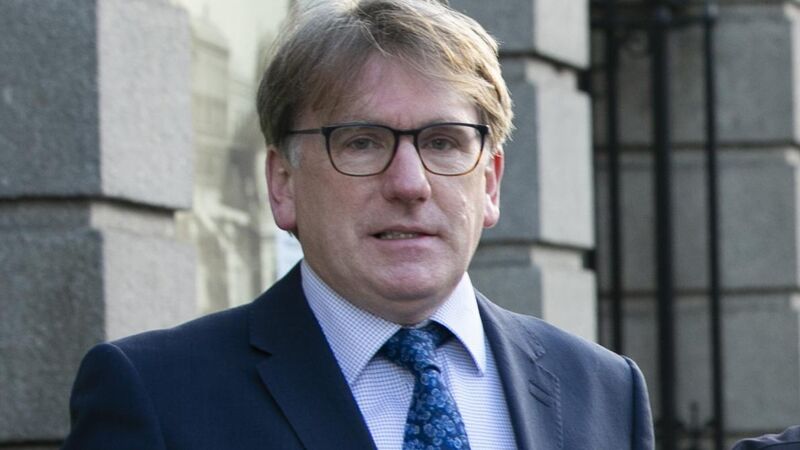Irish workers took a 3.9% pay cut last year as wages fail to keep up with inflation

Oxfam Ireland CEO Jim Clarken warned of 'a clear and alarming trend towards widening pay scales and resulting inequality across the globe'. File picture: Gareth Chaney/Collins














